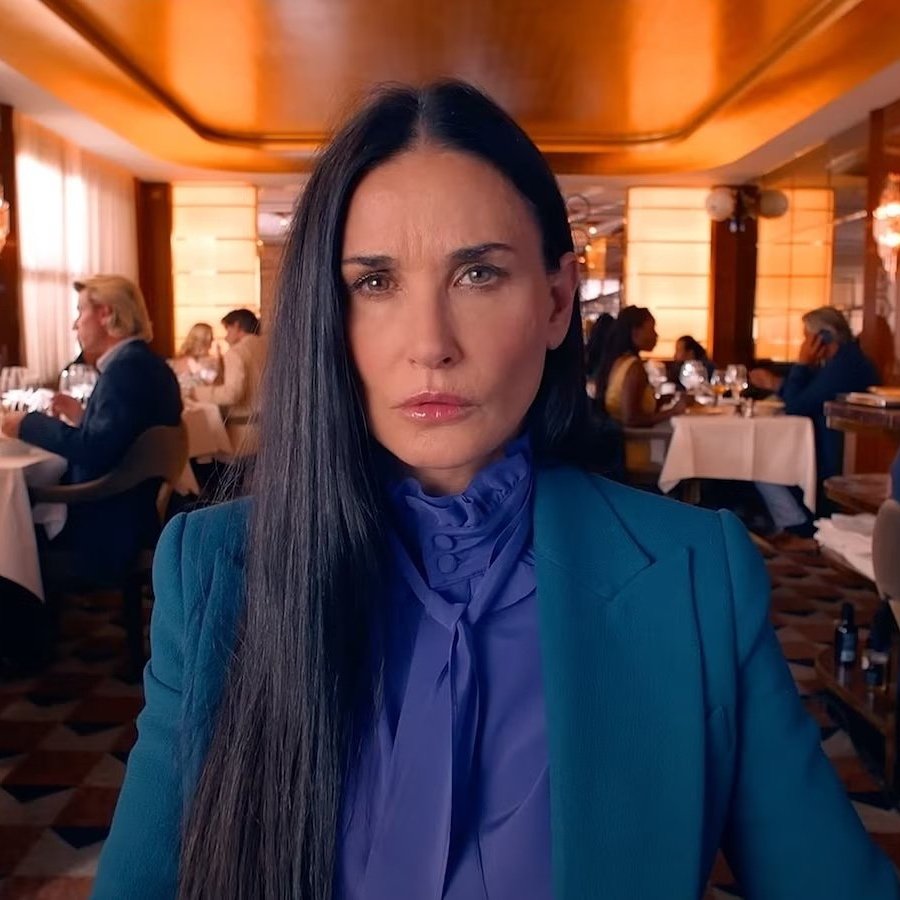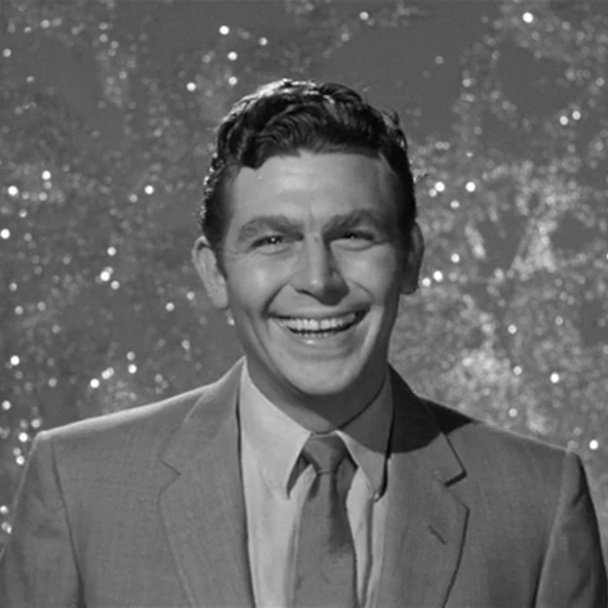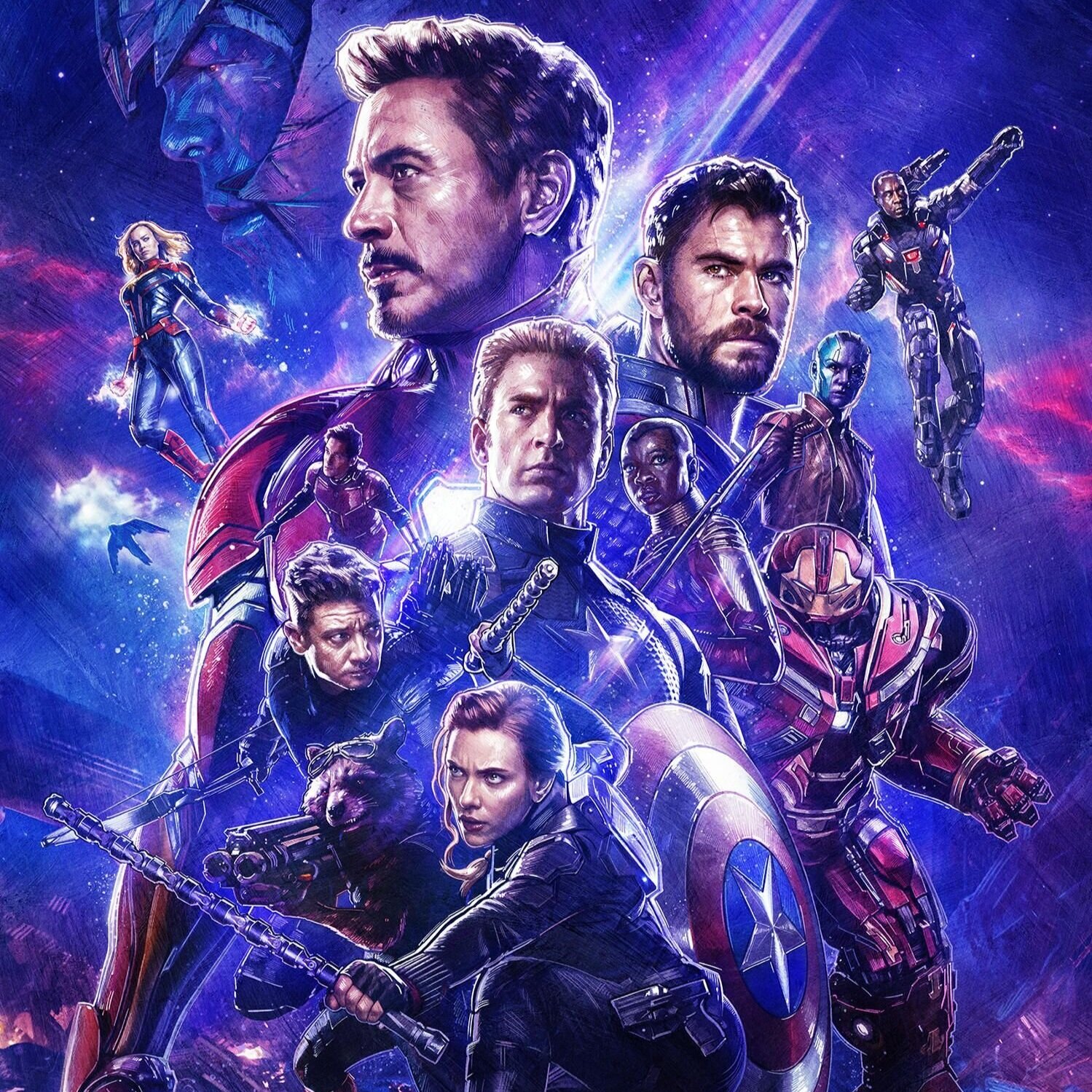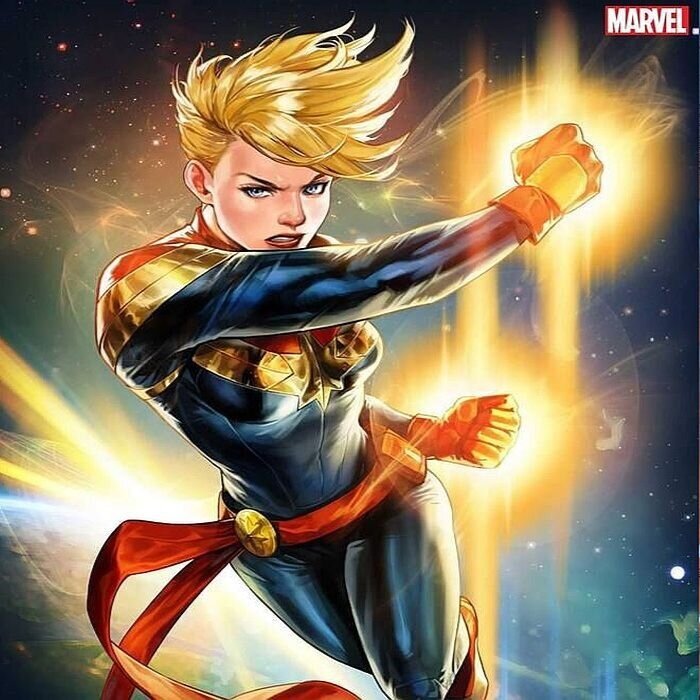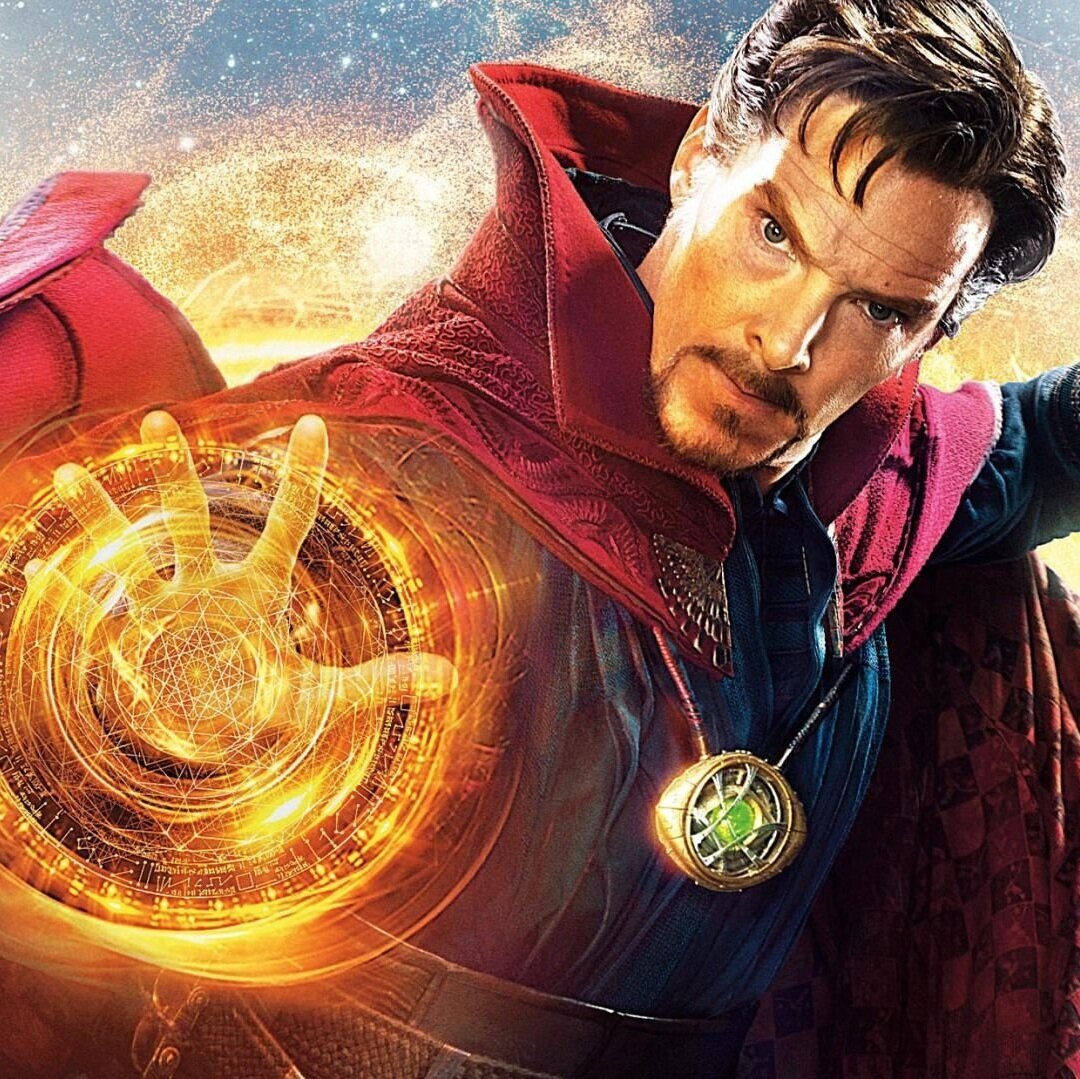Black Widow: A Tale of Teen Spirit
This might be one of the darkest Marvel films we have seen so far. We always knew that the First Lady of the Avengers, Natasha Romanov AKA Black Widow (Scarlett Johansson), had a tragic backstory. It is an entirely different experience watching it on screen.
Starring alongside Johansson in Black Widow (2021) are Florence Pugh, David Harbor, and Rachel Weisz, with many other actors making appearances throughout the film. Despite premiering after Avengers: Endgame (2019), the story itself takes place in the aftermath of Captain America: Civil War (2016) and follows Natasha’s journey towards freeing her imprisoned superhero comrades in Avengers: Infinity War (2018).
The movie begins with a flashback of Natasha’s childhood living with her parents (Harbor and Weisz) and her younger sister Yelena (Pugh) in 1990s Ohio. However, the audience soon learns that the entire arrangement is a cover for an anti-S.H.I.E.L.D espionage operation. After a young Natasha pilots their getaway plane to Cuba, she and Yelena are taken away to the Red Room to be trained as professional killers under the control of General Dreykov (Ray Winstone).
From here, the story takes a brief turn as the opening credits roll and we get an emotional montage of Natasha and the other Black Widows’ childhood. The entirety of the post-coronavirus lockdown AMC Theater went completely quiet as we were drawn into this traumatic display. We had seen nothing like it in any prior Marvel film, and it was a chilling sign of what was to come in future films.
Unfortunately, this unprecedented yet captivating tone was almost instantly abandoned for a more typical MCU formula, with the new tone resembling something from the Captain America trilogy. That isn’t to say that the rest of the movie was bad— it was, in fact, a very fun watch. Natasha’s journey from being a wanted fugitive to anti-facist superheroine to blonde bombshell provided key context and introduced several new, iconic characters.
The highlight among these introductions, and perhaps in the film as a whole, was Pugh’s Yelena, whose complex relationship with Natasha added the emotional depth that the rest of the film might have otherwise lacked. It would not be an exaggeration to suggest that Pugh stole the entire show. The movie also introduced Harbor’s Red Guardian, a Russian super soldier who is Natasha and Yelena’s adopted father, and the MCU’s first official mutant appears in a blink-and-miss cameo.
However, the film simply came too late and accomplished too little, especially given Widow’s death in Endgame. What is the point of telling the character’s story AFTER the character’s dramatic on-screen demise? Just how much would an audience be able to invest in a character that we have already mourned?
Additionally, one of the film’s main antagonists, Taskmaster (Olga Kurylenko), later revealed to be Dreykov’s brainwashed daughter who Natasha thought she’d murdered years ago, seemed like an almost pointless addition. After all, Weisz’s Melina is already a key Black Widow antagonist, despite being portrayed as a hero in this depiction. Might it have made more sense to make her the brainwashed badass whom Natasha must then free from a mental prison?
Another missed opportunity arose with the writers’ decision to push most flashbacks to the beginning of the film rather than utilizing a dual-timeline format. A better-written film would have doubled as a Black Widow origin story for one half and a shorter yet stronger present story in which Natasha ends the Red Room once and for all. In doing so, Natasha should have undergone a super soldier power-up, similar to her comic book counterpart, which would have led to even more epic Infinity War and Endgame fight scenes.
Overall, while those of us who are not drenched in sexism generally enjoyed the Black Widow, the film stands largely as a reminder of what could have been in regards to Natasha Romanov’s story. In all aspects, this film set the tone for the remainder of MCU’s Phase Four projects.
Popular Reviews







